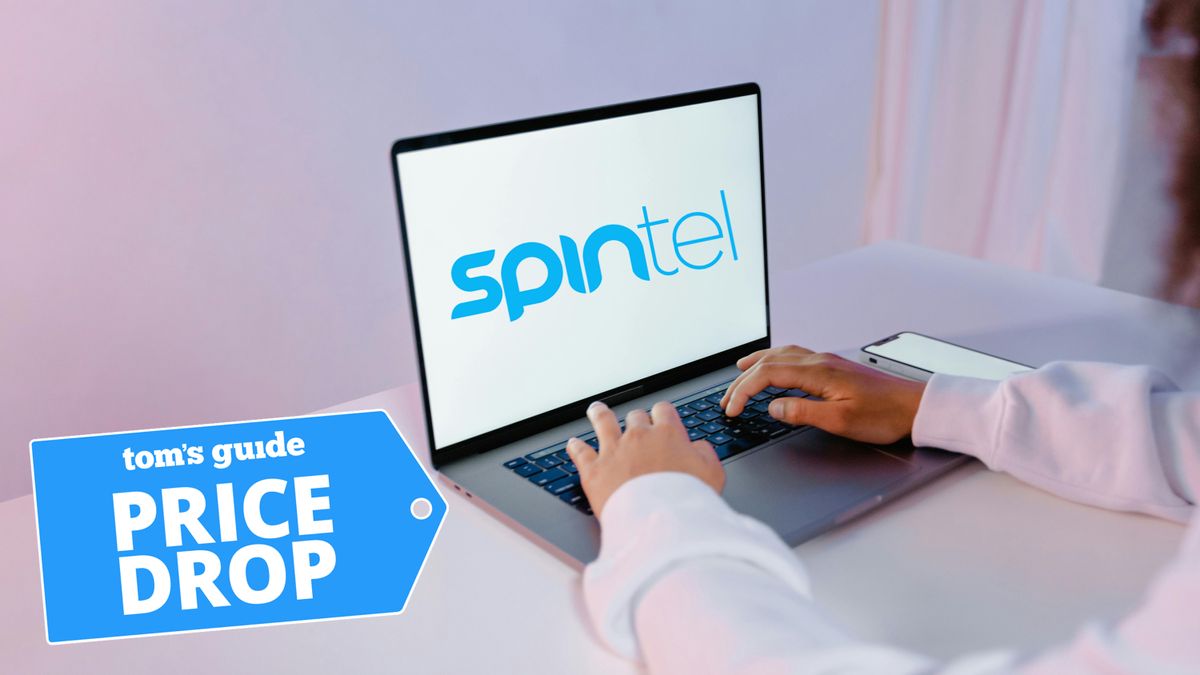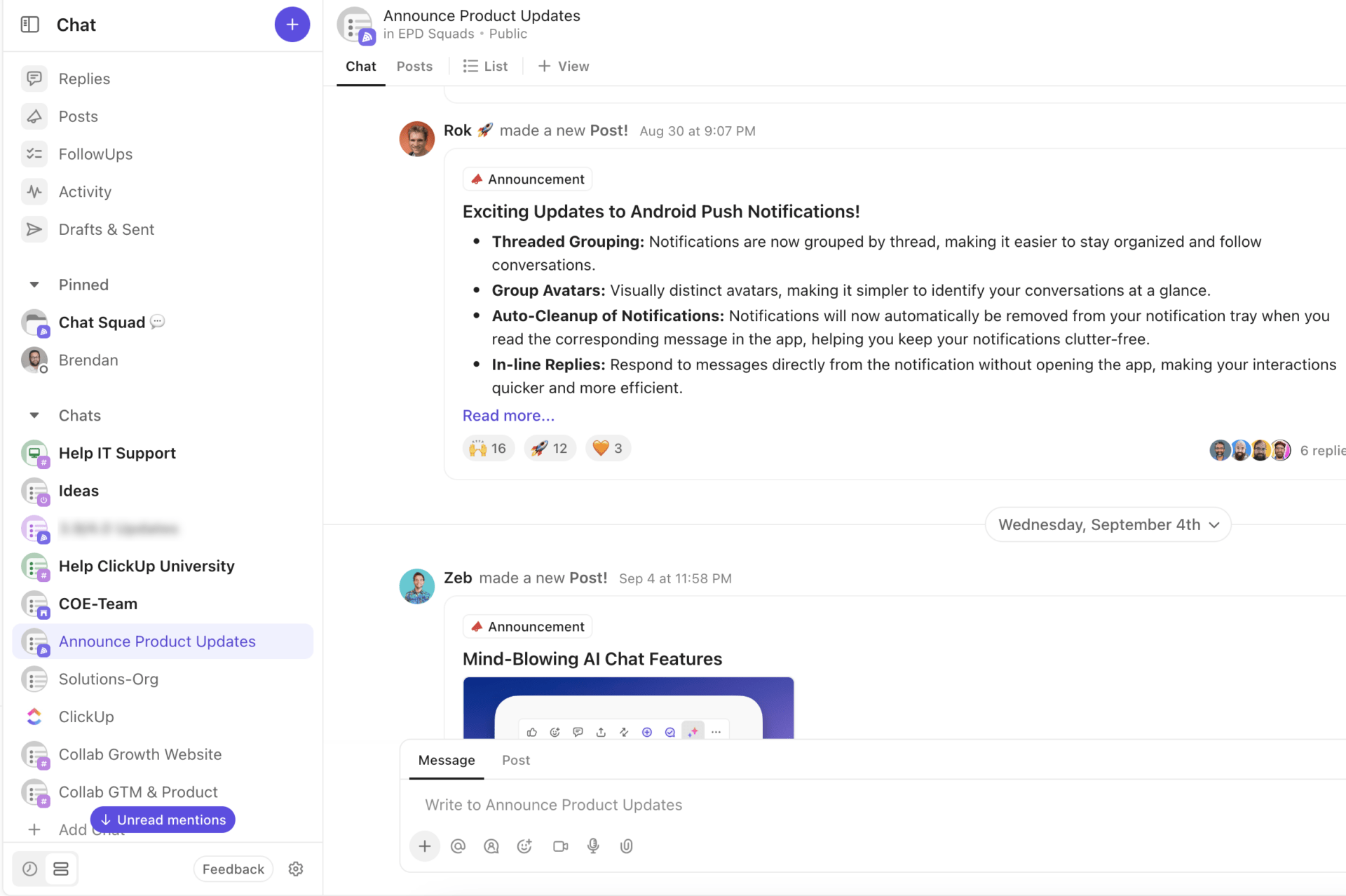Short answer: No, you don’t need an MBA to be a product manager.
But it can help—a lot.
When I was working as an SEO specialist, I often felt like I was on the outside looking in.
My job involved dissecting products to understand their value, then targeting the right keywords to connect customers with solutions.
This meant working closely with product managers, and over time, I found myself drawn to their role.
They were the ones defining strategy, making impactful decisions, and—let’s be real—earning a lot more than I could dream of at the time.
But transitioning to product management wasn’t as simple as slapping “aspiring PM” on my LinkedIn profile.
I lacked the business acumen, the network, and the experience companies were looking for.
I knew I needed more than just grit to break through the PM ceiling.
That’s when I decided to pursue an MBA.
Flash forward, and I’m now the Head of Product at a fast-growing startup.
Did my MBA hand me the title on a silver platter?
Absolutely not.
But did it give me the tools, connections, and confidence to leap into product management?
100%.
Here’s the thing:
An MBA isn’t a golden ticket.
There are plenty of PMs who’ve forged their paths through coding, engineering, or operations—without ever setting foot in a business school.
But for me, the MBA was more than just a degree.
It was a passport to a network of brilliant minds and a crash course in strategic thinking that turbocharged my career.
You don’t need an MBA to succeed as a product manager.
But if you’re looking for a leg up in the transition—especially if you’re coming from a non-technical background like I was—it’s worth considering.
Just know that the letters after your name won’t do the work for you.
That part’s still on you.
Will an MBA help me get a product management job?
Short answer: Yes, but it’s not a guarantee.
Let’s unpack that.
The Doors It Opens
When I applied for my MBA, I had one goal: to break into product management.
I knew the degree alone wouldn’t hand me a job, but it could give me access to something just as powerful—opportunities.
And it delivered.
During my time at Oxford, I secured an internship as a Product Manager MBA Intern at Activision Blizzard, working on Candy Crush Saga.
This wasn’t just any internship; it involved managing the retheming of the app for the Barbie brand partnership—one of the biggest projects in the app’s history.
This opportunity came about not because of my resume alone, but because my MBA network connected me to the right people.
The degree doesn’t just look good on paper; it puts you in rooms with decision-makers.
Whether it’s through alumni connections, on-campus recruiting events, or simply having “Oxford MBA” in your email signature, the MBA can fast-track you past hiring gatekeepers.
In my case, it led to conversations and referrals that I wouldn’t have landed otherwise.
The Skills It Builds
Beyond the doors it opens, the MBA equips you with tools that make you a better PM candidate.
Product management is a multidisciplinary role that demands strategic thinking, financial savvy, and strong communication skills—all of which an MBA hammers home.
During my program, I worked on case studies, built financial models, and participated in simulations that mimicked real-world business challenges.
This foundation helped me hit the ground running as a PM, where balancing technical feasibility with business impact is a daily juggling act.
The Limitations
But let’s be real: an MBA isn’t a magic wand.
It’s expensive, time-consuming, and not everyone can afford to take two years off work.
Plus, having an MBA won’t make up for a lack of experience.
Companies still want to see that you’ve built something, solved real problems, and worked cross-functionally.
In fact, I’ve seen brilliant PMs who never set foot in business school.
For them, technical expertise or operational experience got their foot in the door.
An MBA might get you an interview, but it’s your skills and ability to execute that’ll land you the job.
An MBA can absolutely help you get a product management job, but it’s not the only path.
It’s a tool—not a shortcut.
If you decide to go for it, maximize the network, internships, and learning opportunities it provides.
And remember, the letters after your name are only as valuable as the work you’re willing to put in.
Which MBA concentration is right for product management?
Short answer: It depends on the program—but sometimes, it’s not about the coursework at all.
The Role of Concentrations
Some MBA programs offer formal concentrations like Strategy, Marketing, or Technology Management, which can align closely with product management.
If you’re drawn to specific aspects of the role—such as analytics or entrepreneurship—these tracks can help you build a strong foundation.
However, many programs, including Oxford’s, don’t have concentrations.
That doesn’t mean you’re out of luck; it just means you’ll need to be more intentional about curating your experience.
My Experience
At Oxford, I didn’t have a formal concentration, but I tailored my electives to support my product management ambitions.
Classes in innovation and strategy helped me think holistically about products, while finance electives gave me the tools to analyze costs, ROI, and pricing—essential for managing product profitability.
But here’s the kicker: what really set my MBA apart wasn’t the classroom.
It was the network.
Through Oxford’s events and meetups, I met Ilkka Paananen, the founder and CEO of Supercell, the company behind Clash of Clans.
That connection was pivotal in helping me land an internship at Activision Blizzard, where I worked on Candy Crush Saga.
Those experiences not only gave me credibility in the gaming industry but also laid the groundwork for my current role as Head of Product.
Now, I combine my expertise in gaming and e-commerce to lead a gamification platform for enterprise retailers.
Making the Most of Your MBA
If your program offers concentrations, great—pick the one that aligns with your career goals.
But even if it doesn’t, you can still gain relevant skills through electives, extracurriculars, and networking events.
Go beyond the syllabus: attend conferences, join industry meetups, and build relationships with leaders in your target field.
Those connections can open doors in ways coursework alone never will.
The right MBA concentration—or elective strategy—can sharpen your skills for product management.
But the real gold lies in the relationships and opportunities you create outside the classroom.
Take every chance to connect, learn, and position yourself for the career you want.
Is product management considered an MBA job?
Short answer: Not exactly, but MBAs are often linked to the role for good reason.
The Demand for MBAs in Product Management
While you’ll rarely see “MBA required” in a job posting for product management, MBAs are disproportionately represented in the field—especially in tech and enterprise companies.
Why?
Because product management demands a mix of business strategy, technical knowledge, and leadership skills that align closely with MBA training.
Many organizations see hiring MBAs as a way to mitigate risk.
The thinking goes, “If you’ve survived business school, you’ve likely built the critical thinking and cross-functional collaboration skills we need.”
And for companies like Amazon, Microsoft, and Google, MBAs often come pre-vetted by rigorous admissions processes, making them a safer bet.
The Reality
That said, calling product management an “MBA job” oversimplifies things.
The truth is, PMs come from all walks of life.
Some start as engineers or designers.
Others come from operations, marketing, or even non-traditional backgrounds.
I’ve met PMs who were once teachers, chefs, or military officers. What matters most is your ability to solve problems, understand customer needs, and align teams to deliver results—not the letters after your name.
My Journey
For me, the MBA was a catalyst, not a requirement.
Before business school, I was an SEO specialist, far removed from the world of product management.
The Oxford MBA gave me the tools to climb that wall—strategic thinking, a global network, and the credibility to land roles like my internship at Activision Blizzard.
But I’ve worked alongside incredible PMs who never set foot in a business school.
The Verdict
If you have an MBA, it can give you a leg up in product management, particularly when it comes to leadership roles or landing your first job.
But it’s not a free pass.
PMs without MBAs succeed every day by leaning into their unique skills and experiences.
Whether you have a business degree, a coding background, or street smarts, product management is about delivering value—not about checking a box.
Product management isn’t inherently an MBA job, but an MBA can position you well for success.
The real question is whether you need the degree to build the skills and network you’ll need—or whether you’re already halfway there without it.
How to become a product manager after MBA?
Short answer: Leverage your MBA to its fullest—network, internships, and transferable skills are your keys to landing the role.
Step 1: Build Relationships Within Your MBA Network
One of the most valuable assets of an MBA is the network it provides.
Use it.
Many business schools have alumni working in top companies as product managers or in related roles.
Reach out, ask for informational interviews, and build genuine connections.
For me, attending events and meetups through the Oxford MBA network was transformational.
Meeting Ilkka Paananen, the founder of Supercell, not only deepened my understanding of product management in the gaming world but also helped me secure my internship at Activision Blizzard.
These relationships aren’t just career accelerators—they’re gateways to opportunities you may not even know exist.
Action item:
- Use LinkedIn or your school’s alumni database to connect with PMs at companies you’re targeting.
- Attend industry conferences or MBA-specific networking events.
- Be specific when reaching out—mention shared connections, your MBA program, or their career path.
Step 2: Secure a PM Internship or Entry Role
Many MBAs break into product management through internships. These roles are designed to give you hands-on experience and are often tailored to MBA candidates. Internships not only let you prove your skills but also give you a foot in the door for a full-time role.
If an internship isn’t an option, look for entry-level or rotational roles in product management. Some companies, like Google and Amazon, have specific programs designed for MBA graduates.
Action item:
- Target MBA-friendly companies with structured internship programs.
- Tailor your resume to highlight transferable skills like strategic thinking, leadership, and cross-functional collaboration.
- Use your MBA’s career services to identify openings and prep for interviews.
Step 3: Translate MBA Skills into PM Language
Your MBA has equipped you with skills that are invaluable in product management—you just need to articulate them.
Here’s how:
- Strategy Development: Show how you’ve used frameworks like SWOT or Porter’s Five Forces to solve real-world problems.
- Financial Acumen: Highlight experience in budgeting, ROI analysis, or forecasting—skills essential for managing product profitability.
- Cross-Functional Leadership: Emphasize group projects or extracurriculars where you led diverse teams to achieve shared goals.
Action item:
- During interviews, use STAR (Situation, Task, Action, Result) to frame your MBA experiences in a way that aligns with PM competencies.
- Be ready to discuss how your MBA gave you a holistic perspective on business challenges.
Step 4: Start Small but Aim High
Don’t be afraid to start as an Associate PM or a similar entry-level role, especially if you’re transitioning industries.
These roles let you learn the ropes while building credibility.
Once you’ve proven yourself, the path to senior PM or leadership roles becomes clearer.
Action item:
- Look for startups or smaller companies if breaking into big tech feels daunting. These environments often allow you to take on broader responsibilities early.
- Keep learning—PM certifications like Pragmatic Institute or AIPMM can complement your MBA skills.
Bottom Line
Your MBA is a powerful tool for breaking into product management, but it’s just the start.
Success depends on how you leverage your network, gain hands-on experience, and translate your skills into value for employers.
Treat it as a launchpad—and keep climbing.













